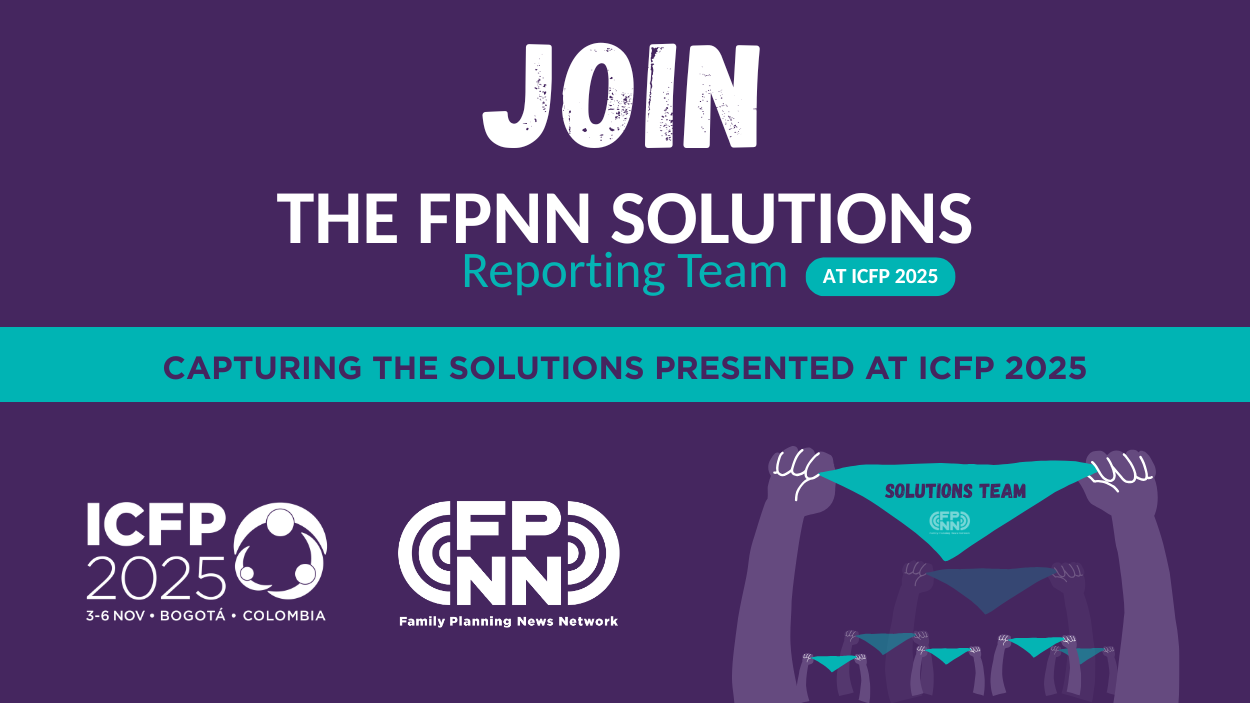Originally posted by Islamabad Post
By Mansoor Qaisar
Pakistan’s population growth has continued since the 1940s due to reduced mortality and persistent high birth rates. The country’s population grew from nearly 33 Million in 1947 to about 220 Million, an increase of almost six times since independence.
However, rapid population growth challenges achieving the 2030 Agenda for Sustainable Development, particularly in sub-Saharan Africa, where countries must provide healthcare services, education, and employment opportunities for growing children and young people.
Moreover, trends in fertility primarily drive long-term global population trends. It is, therefore, essential to understanding the relationship between contraceptive use and fertility, especially in high-fertility contexts, because of the implications for triggering or speeding up the demographic transition and harnessing a demographic dividend.




